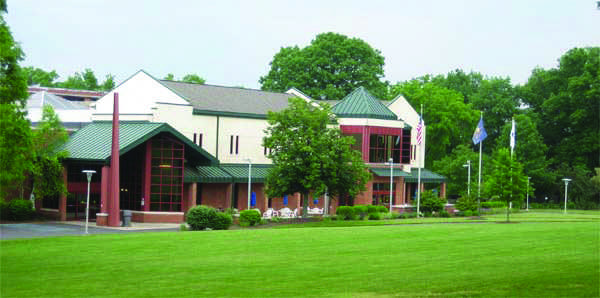Whenever there is a discussion about college debt, or about students who find it difficult to keep up with the cost of college, the focus tends to be on students who attend four-year schools or graduate schools, there has been nary a word on community college students.
Community colleges strive to provide quality education at an affordable cost. But many students often struggle to pay their tuition while others are struggling to pay back their loans.
According to a newly released study by the Association of Community College Trustees (ACCT), it was found that community college students who fail to graduate face the greatest risk of defaulting. For instance, the study noted 90 percent of students who did not acquire a “degree, diploma or certificate” defaulted on their debts. Additionally, 60 percent of students who finished only “one full-time semester’s worth” of courses ended up defaulting on their loans.
In the case of Bucks, financial aid is always a concern for a number of students. Many students have to work so that they could defray the cost of their tuition.
There has been a decline in student enrollment at Bucks. Many factors have been given for this apparent decline, most notably an improvement in the economy. It is conceivable as well that the cost of tuition is another important factor in the lower enrollment since many students have to work in order to pay for their classes.
To ease the debt burden and to make it easier for students to attend colleges, the president has recently proposed a plan that would make community colleges free or “free for everybody who is willing to work for it” as President Barack Obama put it .
The president’s plan is modeled after a program that has been put in place by Tennessee Republican Governor Bill Haslam. The governor’s plan has provided “free community and technical college tuition for two years to the state’s high school graduates.”
The Republican-backed program, along with a growing amount of polls concluding that the majority of Americans now support a two-year tuition free community college program, shows that government funded college education is no longer a partisan issue.
In an interview with two Bucks students, they warmly embrace the idea of attending Bucks free of cost.
Brandon Yan of Feasterville said “although I am not paying for my tuition, if school were free, it would have been greatly beneficial for my parents since they are paying for it.”
Echoing Yan, Zaryab Bangash of Bensalem said “I am working two part time jobs. I am paying for my school tuition. I am going to school part time now so that I can get my degree. But if community colleges were free, it would have been beneficial for me in two important ways. First, I would use my paychecks to help my parents more. Second, I would have gone to school full time until I graduate.”
A budget standoff between the Republican-controlled state legislature and the Democratic governor, Tom Wolf, has recently forced Bucks trustees to approve a line of credit for as much as $5 million in order to ensure that the college remains on a sound financial footing; Bucks has not received some of the state funding because of the budget impasse. Thus, it might seems farfetched that the notion of free community colleges could gain any traction in Pennsylvania.
Tennessee is not alone in allowing students to attend community colleges for free. Inside Higher Education reported that Chicago has recently implemented its own program, which would permit those who graduate high schools with a 3.0 G.P.A to attend community colleges free of charge.
Oregon is poised to follow suit. According to Huffington Post, those who graduate high school with a 2.5 G.P.A in the state of Oregon would be able to go to community colleges for free.
If Tennessee, Oregon, and the city of Chicago were able to find a way to make it happen, the political class in Pennsylvania could surely do the same. Such a program is not about charity; rather, it is about strengthening the state’s economy since a more educated workforce would create more taxpayers. After all, a broadening of the tax base would be a boon to the state coffers.

